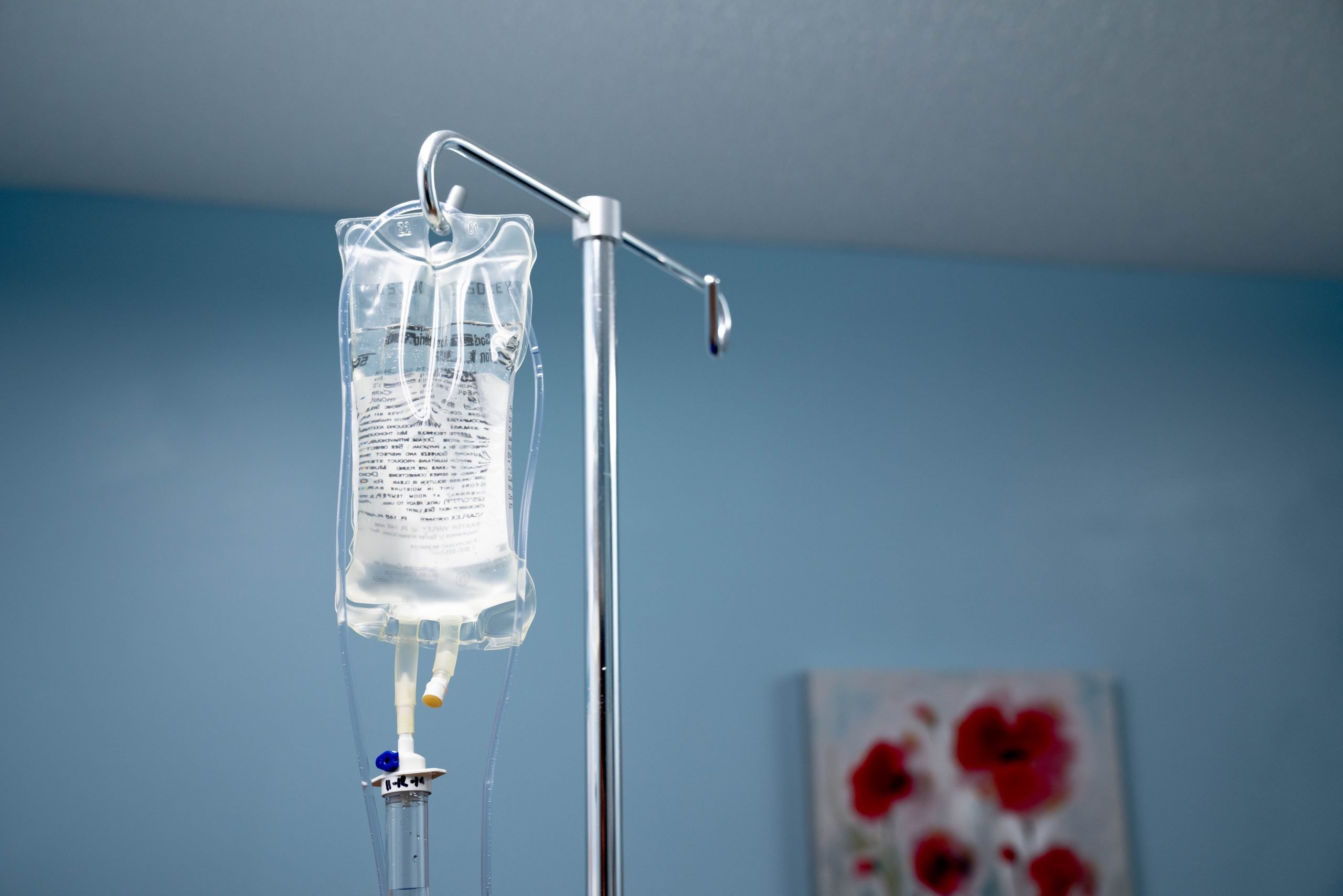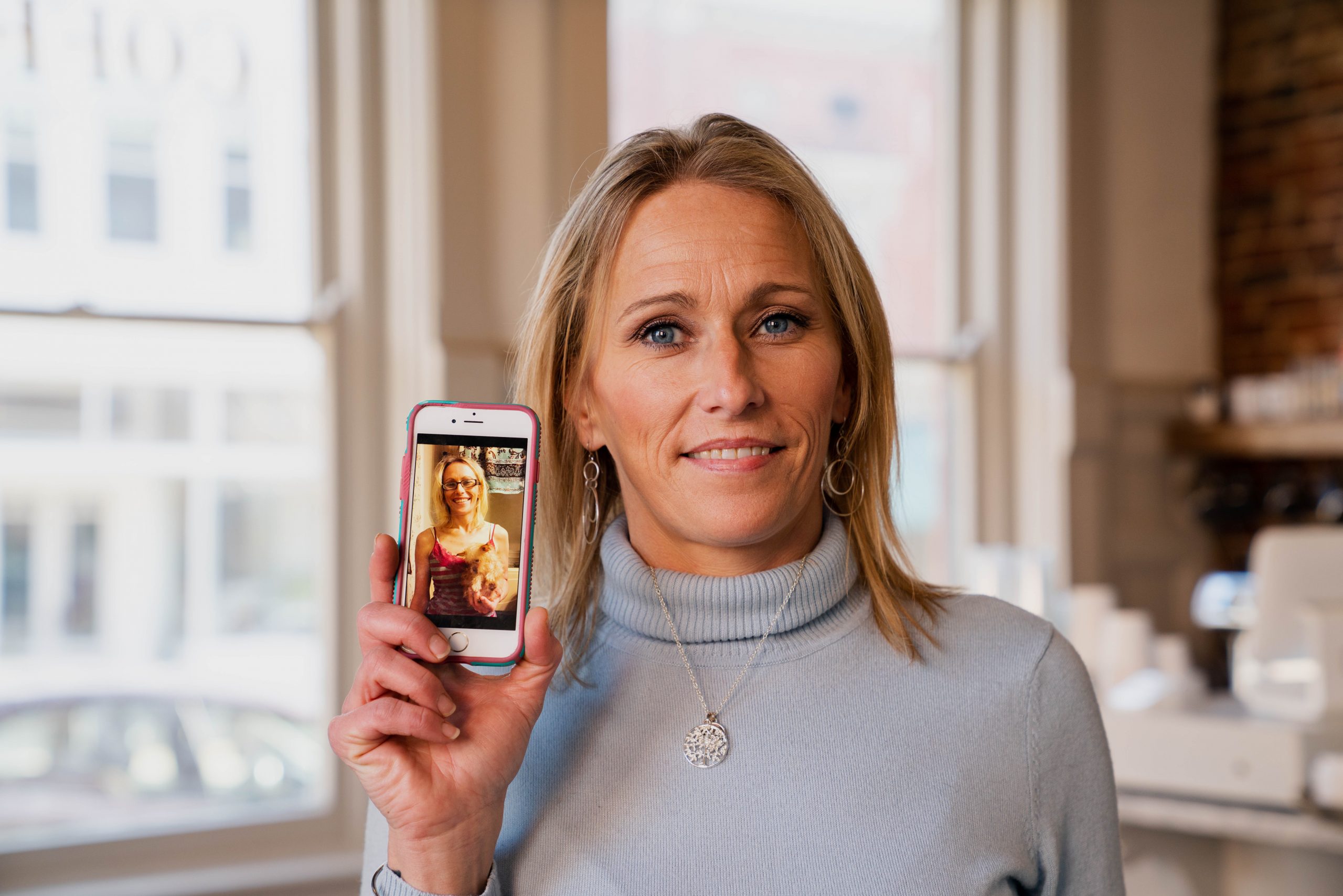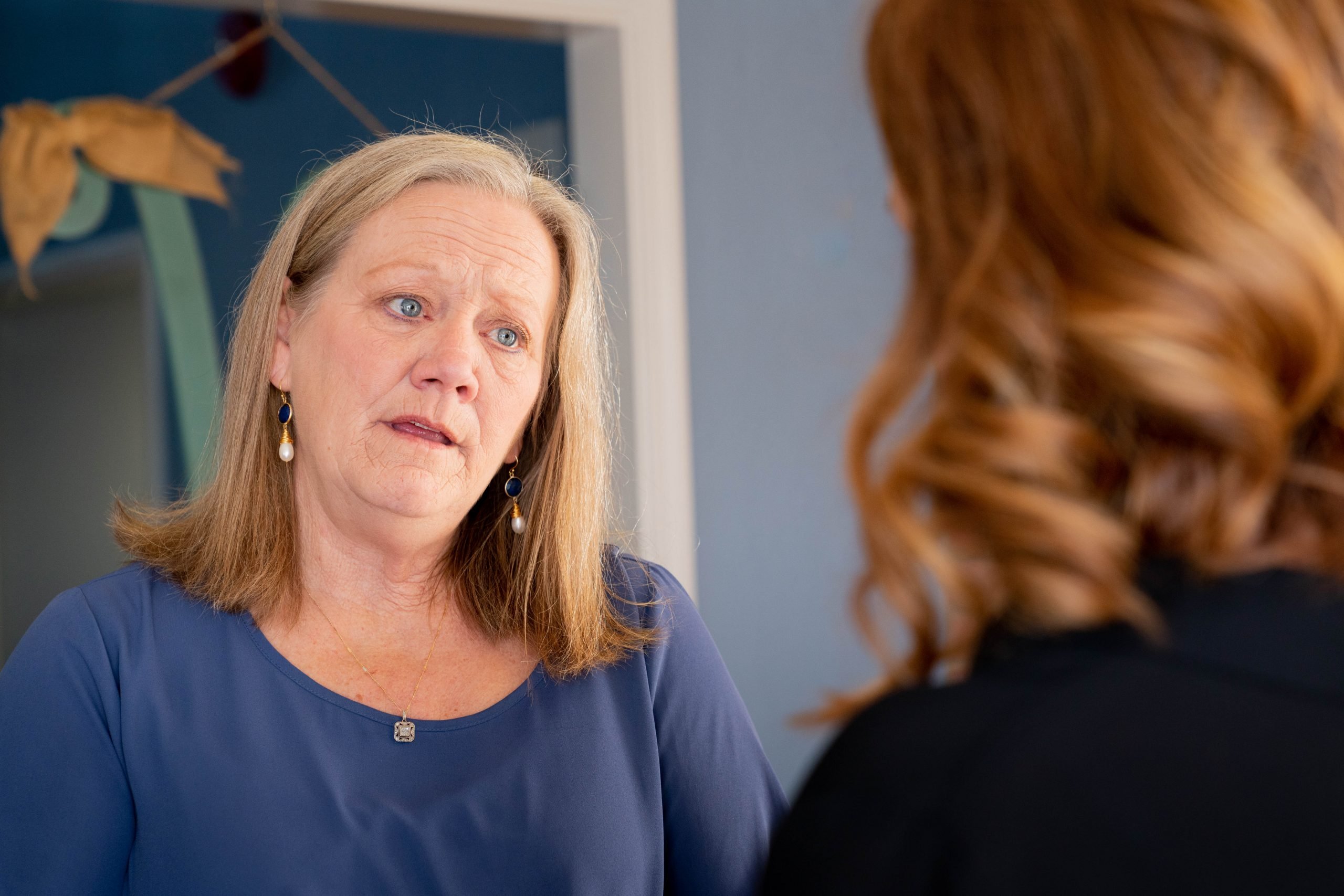One of the greatest challenges facing patients suffering from addiction is the tendency to self-isolate. Many addicts become accustomed to being alone and distancing themselves from those that love and care about them. The habit of isolation and the fear of trusting and depending on others is a huge obstacle patients must overcome during their time in treatment.
At Stepworks our therapists use group therapy as a way to reverse those deeply rooted habits of isolation. We asked Stepworks of London’s therapist Chris Mills about both the challenges and successes of group therapy.
“Our clients are coming from a place in their life where they have been isolated by the disease of addiction for so long. We have to work to help them see the benefit of being a part of our group. When we do, they realize they are loved and cared about.”
– Chris Mills, Stepworks Therapist
In group therapy at Stepworks, patients learn that building a community of support and accountability is vital to their success in recovery. So, how does Stepworks build this type of environment for our patients? We have a few tools in our recovery toolbox that we use. These tools allow group therapy to be an experience that will aid clients in achieving their recovery goals.
Group Therapy Tools and Tips:
Provide Accountability:
Even from the start of each group session there is a level of accountability for patients. They are expected to arrive on time, be prepared, and contribute to the activity or discussion for the day. This allows patients to form introductory time-management skills and understand that other people are relying on them to commit time and energy to the group.
Create A Safe Place:
It is clearly understood in our group therapy time that what is said in the group room stays in the group room. Our patients who may struggle with trust and vulnerability learn to depend on this time as a safe place to express their feelings and emotions. This safe place helps patients to develop a sense of camaraderie and belonging.
Address Challenges:
A very important element of group therapy sessions is the valuable statement, “Me too.” When patients hear that their peers are struggling with similar obstacles such as cravings, anger, resentment, or feelings of defeat, it helps them to see they are not alone in this journey. Feeling understood by their peers helps them to process their feelings and motivates them to overcome the challenges they are experiencing.
Celebrate Success:
Seeing others succeed is one of the greatest motivators and positive impacts of group therapy. Watching the recovery journey of their fellow group members helps patients to believe, “If they can succeed, so can I.” The successful actions of a patient that are celebrated and often repeated and the long-lasting effects of positive feedback helps patients begin to understand the impact of the positive choices they make.
At Stepworks we work hard to welcome clients and show them that they don’t have to be alone anymore. Are you looking for a recovery community that can help you or your loved one? Call our Access Center to learn more about our program and the admission process at 1-800-545-9031.






